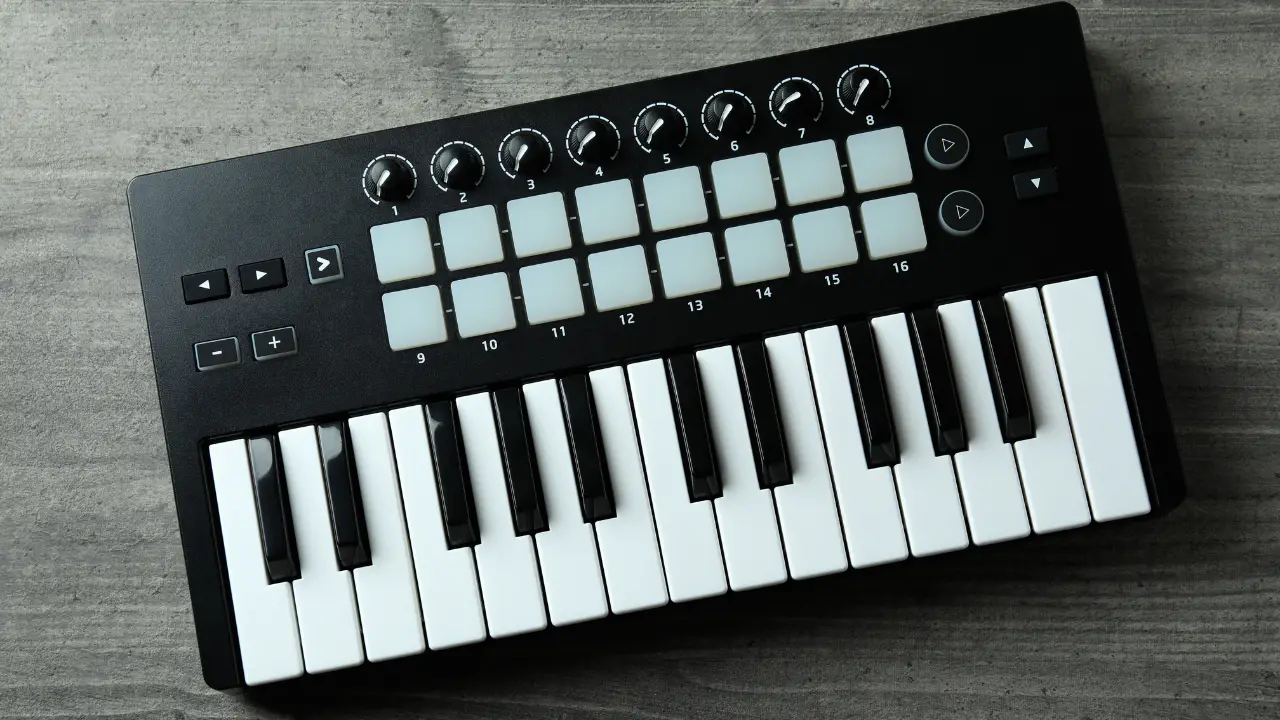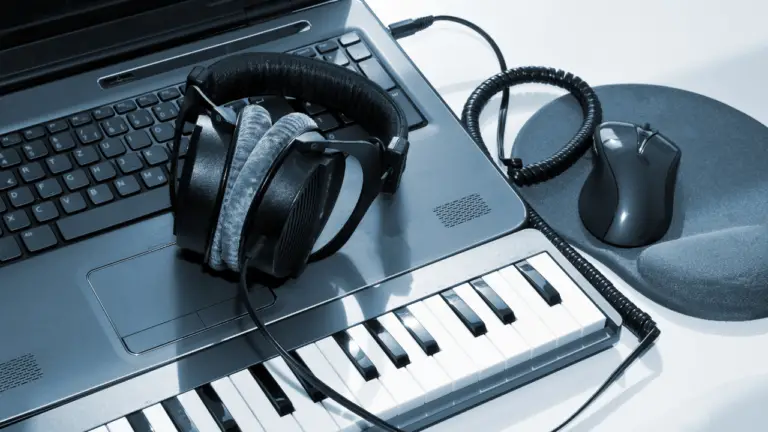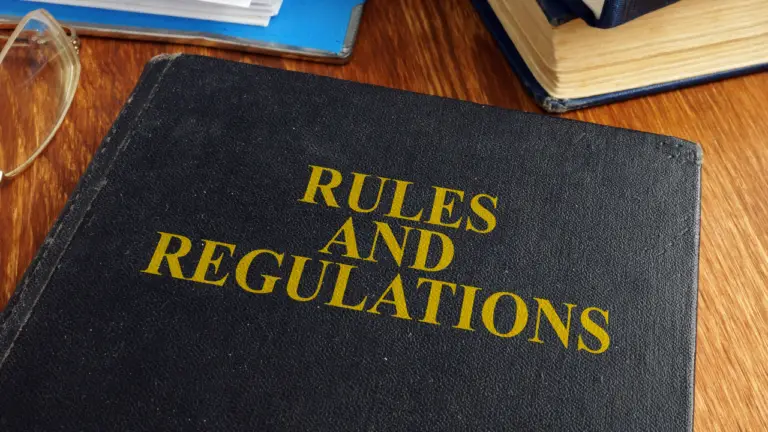Is It Worth Buying a MIDI Keyboard?
Many producers use MIDI Keyboards because they are a practical way to make music, and can increase creativity. It feels ‘traditional’ and ‘old-school’ to use hardware instruments such as these to create music, and some people are inspired by that feeling.
However, MIDI Keyboards are not for everyone. Many producers get on just fine and build their careers without ever touching one.
So how do you know if it’s worth taking the plunge and spending your hard-earned cash on a MIDI Keyboard? Is it worth getting one?
When deciding whether it’s worth buying a product or not, there are several different factors that need to be considered. MIDI Keyboards can be an expensive investment, so it’s important that you are sure you really want one, and if you do, you choose the right one for your needs.
In this article, I’ll go over a variety of different factors relating to MIDI Keyboards, such as what they are and who they would benefit. Hopefully, as you read further and more of your questions are answered, it will help you to come to an informed decision that is right for you.
(By the way, if you want to skip the details and go straight to the quick and easy answer, head to the bottom of the article!)
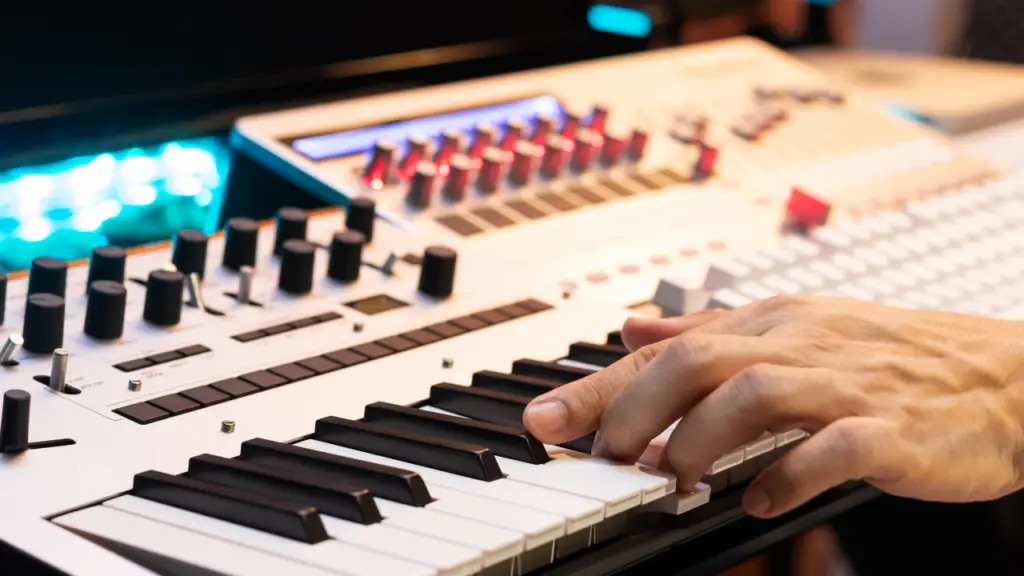
What Is a MIDI Keyboard, and What Does It Do?
A MIDI Keyboard, also known as a MIDI Controller, is a piece of physical hardware that is used to send MIDI signals and commands over to another piece of hardware, such as a PC. They are most often used by producers to input MIDI signals into a DAW (Digital Audio Workstation).
Typically, MIDI Keyboards consist of piano keys, alongside buttons, knobs, and sliders.
The piano keys do exactly as expected – they play notes. However, they are not like synthesizers, which come with built-in presets and can play a sound on their own. If you try to play the notes on their own, they won’t play. Instead, the Keyboard needs a signal from the software/hardware it is connected to, to tell it what sound to play. For example, if you have a piano plugin open in your DAW, the MIDI Keyboard will play the piano sound. If you have a synth plugin open, the Keyboard will play that synth sound, and so on.
The buttons, sliders, and knobs are often used to control other aspects of the DAW. For example, sliders can be used as mixer faders, and knobs can be mapped to macros in a virtual synthesizer, to create effects on a certain sound.
Who Are MIDI Keyboards For?
MIDI Keyboards are highly recommended for producers who feel they would be more creative playing music on a physical instrument, rather than by mouse and keyboard on a DAW, but do not know how to play an instrument.
The MIDI Keyboard is a lot easier to learn to play than a ‘traditional’ instrument, such as the piano or guitar. However, it still retains that ‘traditional’ feeling. If you are a more practical-minded producer and feel your creativity would be sparked by physically moving your hands, rather than staring at a computer screen, then a MIDI Keyboard is for you.
On the other hand, some producers would not benefit from buying a MIDI Keyboard. If you have tried musical hardware before and it just didn’t resonate with you, or you used it for a while and then put it in the corner, then a MIDI Keyboard is likely going to be the same outcome.
At the end of the day, it’s all about whether you’re actually going to use the keyboard, and whether it will help you or hinder you. Some people find it natural to physically play notes as they did back in the ‘olden days’, while others may feel a more modern, digital approach is better for their workflow. It’s ultimately down to you, the producer, to decide which category you fall into.
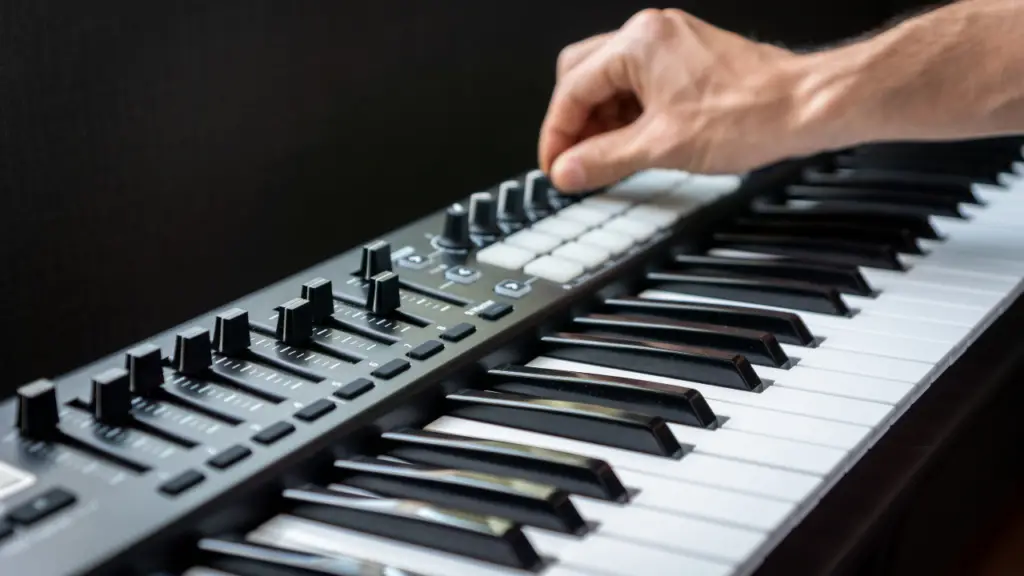
Will a MIDI Keyboard Help You Make Better Music?
The answer to whether a MIDI Keyboard will help you to make better music is down to whether it is suited to your workflow.
Everything you do on a MIDI Keyboard can be done in your DAW with a mouse and computer keyboard. It’s not something that you absolutely need to make good music. As I said before, there are plenty of successful producers making a living from their music who have never touched a MIDI Keyboard in their lives.
However, if it does fit into your workflow, and you find it natural to use, a MIDI Keyboard can significantly speed up your idea generation process, sound selection, and production time, as well as provide a massive boost to creativity. These things will definitely help you make better music.
But if you don’t find it natural to use, and it ends up costing more time than actually saving time, it can become a huge hinderance. You don’t want to waste valuable production time and creative energy trying to figure out how to use the thing.
Lastly, a MIDI Keyboard will not make music for you. You are the producer, the one in charge, after all. It is merely a tool which may or may not be useful to have in your arsenal; and like any other tool, it can be good or bad depending on whether it suits the user.
Are MIDI Keyboards Too Expensive?
I’ve had a look at prices for the most commonly bought, best-reviewed MIDI Keyboards available on the internet, and from what I’ve found, the prices tend to vary quite a bit. They’re usually not ‘over-the-top’ expensive, but if you’re looking for a more reputable brand, more features, and higher build quality, it may cost you a bit more.
I’ve seen prices range from around $60-70, all the way up to $400 for brand new, high quality keyboards.
It’s ultimately down to you, as the consumer, whether a price is too high for you or not. If you are on a tight budget, you don’t need to be worried. I’ve seen very high-quality MIDI Keyboards going for around $70-80.
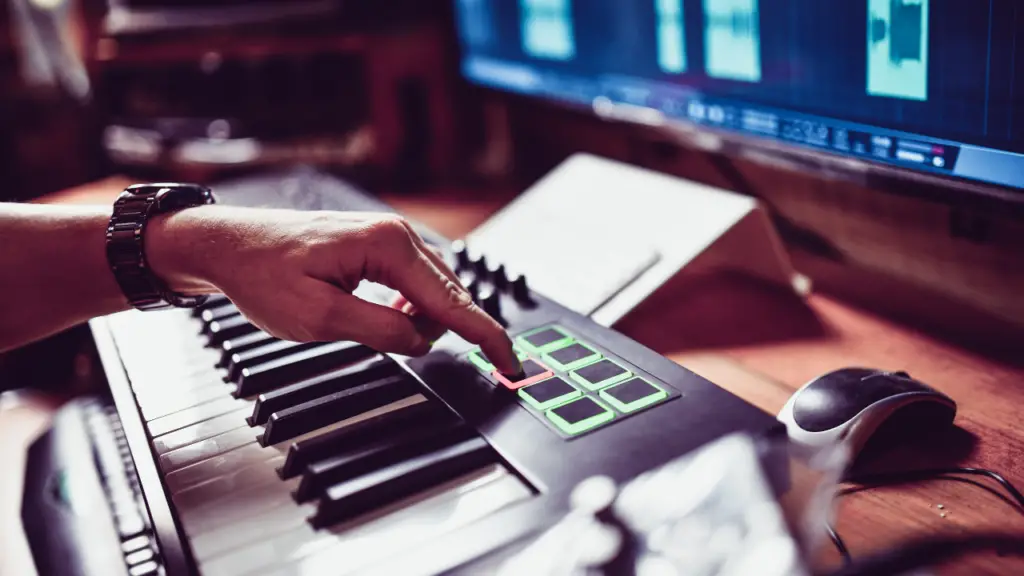
Are MIDI Keyboards Hard To Learn?
Most people might assume that a MIDI Keyboard is as hard to learn as a piano, but this is not the case. They are actually quite different experiences.
The piano can take years and years of practice to fully understand and be able to play comfortably. It’s a complicated instrument with centuries of theory and technique behind it. On the other hand, a MIDI Keyboard, being shorter in size and less complex, can be learned in a matter of a few weeks or a few months.
If you get a larger MIDI Keyboard with more keys – more comparable to a piano – then it may take a little longer to get the grasp of, but it’s still nowhere as difficult as learning an actual piano.
The MIDI Keyboard has an abundance of learning material online to help you through the process. One very helpful app is called ‘Melodics‘, which I highly recommend if you do end up buying a MIDI Keyboard.
Overall: Is It Worth Buying a MIDI Keyboard?
The decision on whether parting with your hard-earned cash for a MIDI Keyboard depends on the factors we spoke about above. It’s ultimately your decision, and you should consider your budget and your music production needs.
Ask yourself: can I afford this, and will I actually use it regularly? Is this something you really want and will really help you with your music production, or is it more about the idea of having a keyboard that is tempting you? Are you getting on just fine without one?
These are all questions you should have concrete answers to before giving away your money.

